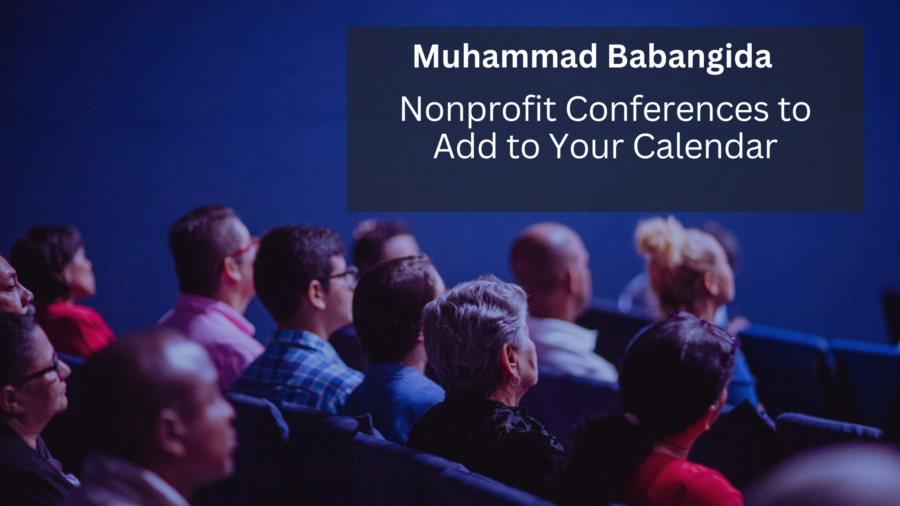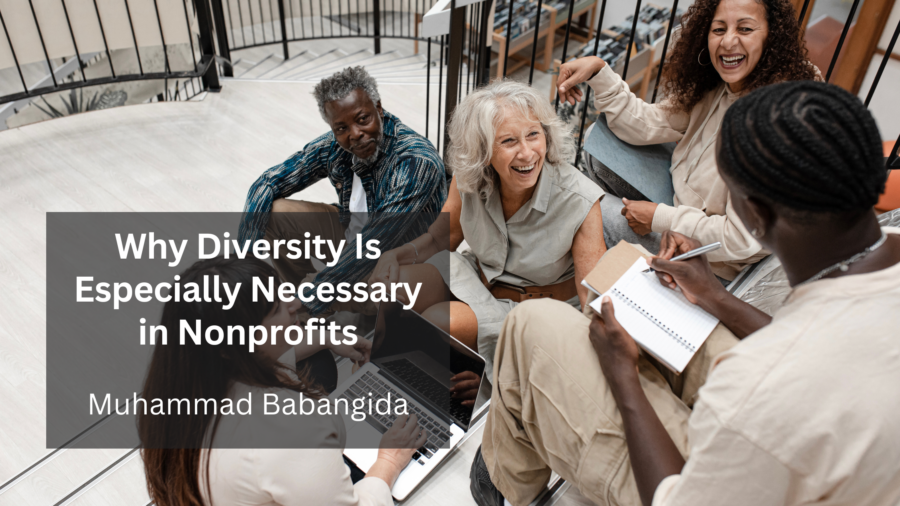The world of non-profit work is a constant learning experience. Whether you’re a seasoned campaigner or a fresh face in fundraising, there’s always something new to discover. Conferences offer a fantastic opportunity to gain valuable insights, connect with like-minded individuals, and stay ahead of the curve. But with so many options, how do you choose which conferences to invest your time and resources?
Fear not, fellow changemakers! Here’s a curated list of some of the hottest nonprofit conferences happening in 2024, designed to equip you with the knowledge and connections to propel your mission forward:
For the Fundraising Fanatic:
- The Bridge Conference (July 31-August 2): This powerhouse conference brings together fundraising and marketing professionals nationwide. Expect workshops on cutting-edge fundraising strategies, the latest marketing trends, and innovative technological tools to boost your campaigns. It’s a goldmine for anyone looking to maximize their fundraising impact.
- The Nonprofit Innovation and Optimization Summit (NIO Summit) (Dates TBA): Dive deep into the digital fundraising and marketing world at the NIO Summit. This virtual event focuses on helping non-profits leverage online tools and strategies to reach new donors and boost engagement. Get ready for expert talks, interactive sessions, and actionable advice from industry leaders.
For the Tech-Savvy Changemaker:
- Good Tech Fest (Dates TBA): Calling all tech enthusiasts in the non-profit world! This hybrid conference explores the intersection of technology and social impact. Expect sessions on using machine learning for good, tackling digital equity issues, and leveraging cryptocurrency for philanthropic endeavors. Walk away with a fresh perspective on how technology can be used to accelerate positive change.
- Nonprofit Technology Conference (NTC) (Dates TBA): NTC is a must-attend for anyone involved in the technical aspects of non-profit operations. This conference offers in-depth sessions on cybersecurity, data management, and utilizing technology to streamline operations. It’s a great platform to learn from experts, network with IT professionals, and discover innovative tech solutions designed specifically for the non-profit sector.
For the Leadership Guru:
- Elevate 2024 (Virtual, Completed): While this virtual conference has already occurred, it’s worth watching for next year’s edition. Elevate focuses on equipping social impact professionals with the tools and knowledge to become more effective leaders. Look for sessions on navigating the ever-changing social sector landscape, fostering strong organizational cultures, and advocating for change.
- TNPA Leadership Summit (Dates TBA): Geared towards Tennessee non-profit leaders, this summit offers professional development and networking space. Expect workshops on leadership best practices, effective board governance, and strategies for navigating complex challenges. It’s an excellent opportunity to connect with colleagues from the state and share best practices.
Remember: This list is just a starting point! There are countless other fantastic conferences catering to specific causes, regions, and areas of expertise. Before you register, take some time to consider your particular needs and goals. Are you looking to boost your fundraising skills, learn about the latest tech tools, or connect with other leaders in your field? Once you know what you hope to gain from the experience, you can choose the conferences that best align with your goals.
So, mark your calendars, network with fellow attendees, and get ready to be inspired! With the right conference experience, you can gain the knowledge, tools, and connections to impact your cause significantly. Now go forth and change the world!










